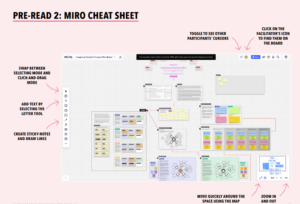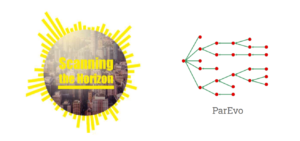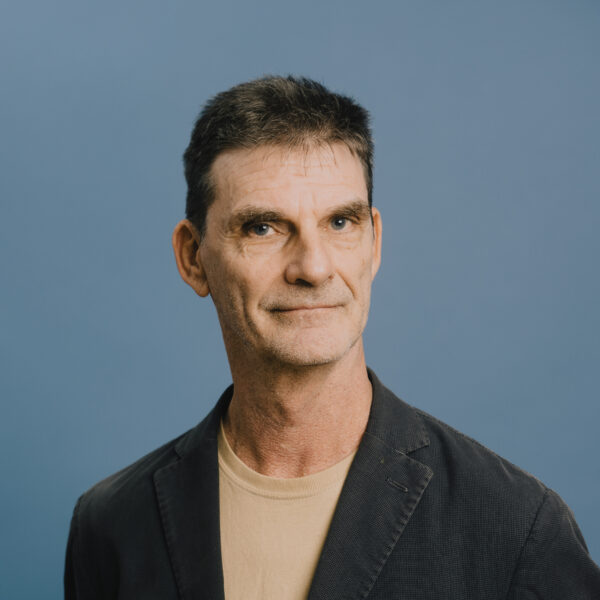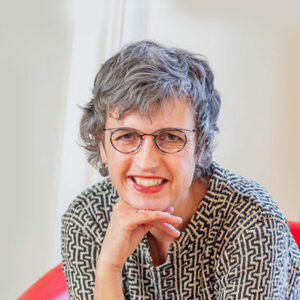In 2021, the Centre’s Scanning the Horizon futures community is working on ‘inclusive and equitable futures’, exploring and sharing models, analysis and collaborative opportunities for more diverse futures conversations and thinking. One key part is sharing practical and accessible tools, particularly open source methods which do not require significant specialist knowledge or skills to implement and, increasingly, virtual delivery options.
We want to explore new opportunities to either use these tools for our own community or group collaborations, or exchange experiences as we use shared techniques with our own audiences. These ‘meet the author’ tools workshops are a new kind of online community offering this year.
—
Tools for inclusive futures: Bringing you the best of what is ‘out there’
Common barriers to introducing or strengthening futures thinking in organisations include time-consuming workshops, not being able to bring diverse groups together (especially in-person) or the need for consultants or specialists to lead this work. So in 2021, we want to find the best of what is ‘out there’ to address these challenges, and bring them back into our community to help democratise futures practice beyond a smaller group of organisational strategic thinkers.
So we were very excited to find the new ‘Imagining Feminist Futures after COVID-19’ workshop methodology developed by the Australian CSO International Women’s Development Agency (IWDA) in 2020. This is a 3-hour online methodology which can bring new, diverse audiences together without expert external facilitation. And we partnered with IWDA to deliver a combined familiarisation and training of trainers session on 23-24 February for ten organisations from the Scanning the Horizon community.
A way to bring futures thinking to feminist thinkers, and feminist thinking to futures thinkers
Imagining Feminist Futures After COVID-19 is a project IWDA with support from a steering group of actors across the feminist movement. The project aims to enable feminist organisations and networks to think through the ways in which the COVID-19 crisis is changing the future trajectories – both positive and negative – for feminist social change towards the year 2030.
IWDA commissioned a consortium of feminist futurists, led by Changeist, to design this adaptable workshop methodology based on futures thinking approaches to support diverse feminist activists, organisations and networks to come together virtually (or in person where possible) and apply their own futures thinking and scenario building. For many participants, it may be their first experience of structured futures thinking, and as such, the tools have been designed for use by an audience which is totally new to the concepts.
A core objective of the project is to make the workshop methodology available for anyone to run with their own organisation, network or community. In return, they ask that participants share the findings from these different workshops. IWDA, along with project steering group members, plan to bring their own analysis and visioning to these outcomes and develop a range of creative outputs to add to the rich discussions happening across feminist movements.
IWDA has been holding feminist futures workshops with participants in Australia and across Asia and the Pacific. This workshop with our Scanning the Horizon community was IWDA’s first time with a group of more generalist futures thinkers, rather than strongly feminist-focused organisations and individuals.
The short summaries of (i) principles and frameworks that support and enable a feminist future and (ii) privileging forces/established power structures within society that hinder equal progress towards feminist futures help bring about different and deeper types of conversation. With more generalist audiences, we recommend including these as additional pre-reading, and to increase the amount of time in the agenda allocated to discussing the lens of privileging forces.
And actually, just a great entry point for different and dynamic conversations
Participants felt the workshop methodology can be used both to inform strategic thinking and also as a tool for personal formation and training minds to think in more inclusive and equitable ways about the future. Its full trends list includes STEEP + V – incorporating values into a standard social, technological, economic, environmental and political assessment – which makes this a more holistic and interesting process.
We wanted our particular group to work on a broad range of trends, so included 18 from the full list of 20 (three teams with six trends). For groups with a specific aim or audience, focusing down on a smaller set of more relevant or influential trends may work better for more focused futures conversations.

Interestingly, of the trends provided, our three breakout teams independently decided to focus on: (i) ‘new faces of change’, (ii) ‘refocus on community’ and (iii) ‘sharing and peer economies’. This may reflect interest in exploring some of the new decentralised and power and leadership models which have become more prominent since COVID-19.
You can see the outcomes of our conversations here. They show that the method is great at enabling dynamic and interesting exchanges which can shift thinking and explore new possibilities in the group you’re working with. It also documents a range of insights which can be compared and contrasted with other groups also using the tool.
You don’t need expert knowledge, but you do need well-prepared facilitation
Key factors for facilitation are who you have in the virtual ‘room’ (see below), how you capture different perspectives, and how you support participation and share the findings.
IWDA have really made the toolkit as ready to use as possible, with a clear, well-illustrated facilitation guide and pre-populated Miro board for your use. After our session, nearly all participants felt ready to run a workshop themselves, with proper preparation time. This included participants relatively new to futures thinking, feminist thinking or even both, which reiterates just how accessible it is and does not require significant pre-existing knowledge, experience or expertise.
It does, however, require careful thought on facilitation, and time to ensure in advance that participants have sufficient basic skills and familiarisation with Miro. This may be easier for digital natives and require more preparation time for others (note that participation does not require a paid account. You should offer advance familiarisation sessions to people who have not Miro before, and share a practice ‘play’ board. The workshop board layout is a very intuitive design, with arrows to guide people through the navigation. If you take this time and care, the technology should not be alienating or prevent people from taking part.
And you do need to stress fully with participants how important it is for them to take the time for the pre-reading so that they will get the most out of the group conversations.
You also need to think through how to organise the group documentation of dynamic conversations to fit the time available – as you will feel the pressure to get things down! The beauty of Miro allows everyone to write down and share their ideas individually, in an open way aligned to the aims of the method. But a designated scribe may also be needed to help summarise the collective sense-making conversations for report back in plenary, at the risk of simplifying or even silencing some of other strands, to report back to the others.

Ensuring diversity in the virtual room and breakout teams
When asked who they planned to run the workshop with, there was a real mix of audiences, both internally within our own organisations, externally with partners, networks and stakeholders, and in social circles with family and friends. And also with a range of people – activists and young changemakers, advocates, leadership/management teams, gender team/community of practice – but ideally with a broad mix of perspectives and roles to keep the explorations as diverse and dynamic as possible.
The workshop is designed for 5-20 participants. Breakout groups of around four people feels optimal to both generate ideas and keep documenting of conversations manageable. But ensuring diversity of groups is most critical – experience/knowledge/roles (futures/feminist/other), gender and geographic diversity, and a mix of optimists/pessimists (which could be identified by icebreakers).
Building a base of practice and knowledge
Half the organisations who took part are already planning to run workshops with their networks. The Centre itself will run another session in May at an Americas/Europe/Africa-friendly time for organisations. We want to contribute to a community of worldwide practitioners using this method, and share both content findings and facilitation experiences or tips with IWDA. This blog is our first contribution, so watch this space for more updates from us and the other participants-turned-practitioners, over the coming months!
Let us know if you are interested in joining or running an upcoming workshop on ‘Imagining Feminist Futures after COVID-19’.
Our next community methods/tools workshop will be with ParEvo on 29 April 2021 – see more here.












